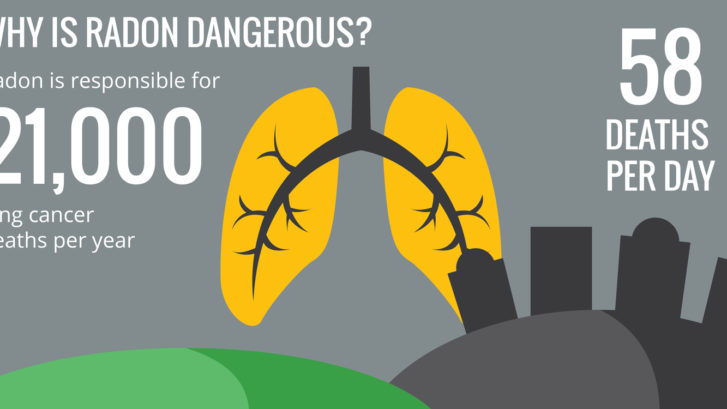The Downside of Diet Soda
Our concierge family practice doctors in Jupiter, applaud any effort by our patients to

Our concierge family practice doctors in Jupiter, applaud any effort by our patients to

Because dietary supplements are a $40-billion-a-year business in this country, our concierge family practice doctors in Jupiter, want to make you aware of the latest research on these popular products. Numerous studies have found little benefit

We go to great lengths to keep our families healthy, but unless you’re aware of the causes of endocrine disruption in the body, health dangers are probably lurking in your kitchen, as well as throughout your home. So our concierge family practice doctors in Jupiter want to make you aware of this hidden hazard and how to avoid it.

When loved ones are experiencing long-term health issues, we naturally feel compelled to devote every moment we can to see them through this difficult period. The stress of dealing with their care, however, either in person or long distance, can lead to problems the caregiver doesn’t even recognize.

An alarming new report from the American Heart Association (AHA) released last week found that nearly half of all Americans—nearly 121 million adults—have some form of heart disease, defined as those with coronary heart disease, stroke, heart failure, or high blood pressure. The new figures partly stem from changes in what constitutes high blood pressure or hypertension. In 2017, the cut-off point for what is considered high blood pressure was revised downward, from 140/90 to 130/80, and only about half of those who are now considered hypertensive have it under control.

Because the U.S. Environmental Protection Agency (EPA) has designated January as National Radon Action Month (NRAM), our concierge doctors in Jupiter, want to bring you up to date on this dangerous carcinogen, and let you know what you can do to mitigate its effects in your home.

Because cardiovascular disease is the number one killer in America, a great deal of emphasis is placed on not only maintaining cardiovascular

You’re sitting there watching your son’s basketball game, chatting with friends in the stands, when suddenly you have an overwhelming urge to flee. You don’t know where or why, but you just know you have to leave. Now!

It’s one of the most common complaints your concierge doctors at MD 2.0 in Jupiter, Florida, hear from our patients: “Doctor, I’m so bloated.”
But what does that really mean? Sometimes people use the term to describe gassiness or constipation, thinking “bloated” sounds more polite. But it can be confusing because, in addition to those two causes, there are many other reasons why a person can be experiencing a feeling of fullness or pressure in the abdomen.

Your concierge family practice doctors at MD 2.0 in Jupiter, Florida, realize that to some people “exercise” is a chore. But study after study demonstrates the health benefits of regular movement, as well as the dangers of little-to-no exercise.
The danger of not exercising
Here’s another study that underscores the dangers of the sedentary lifestyle. Published last month in the Journal of the American Medical Association (JAMA), this one found that a lack of regular exercise is as detrimental to health as smoking, diabetes, and heart disease.
“Being unfit on a treadmill or in an exercise stress test has a worse prognosis, as far as death, than being hypertensive, being diabetic or being a current smoker,” Dr. Wael Jaber, a cardiologist at the Cleveland Clinic, told CNN. The senior author of the study, he called the results “extremely surprising.”
“We’ve never seen something as pronounced as this and as objective as this,” he added. “[Being unfit] should be treated almost as a disease that has a prescription, which is called exercise.”
Researchers investigated 122,007 former patients at Cleveland Clinic who were tested on a treadmill between January 1, 1991 and December 31, 2014. They found those with the lowest level of fitness, i.e., a sedentary lifestyle, had a risk of death almost 500 percent higher than those who were the most physically fit.
This is only the latest study to document the danger of the sedentary lifestyle. Here are just a few others:
There are many others, and they all reach similar conclusions: A lifestyle that includes little physical exercise is deadly.
Too late to start?
But what if you’re no longer in the so-called “prime of life”? It’s a little late to bother with exercise, isn’t it? The answer is a resounding no. One study published in the Journal of the American College of Cardiology tracked the progress of 33,000 Swedish men from 1998 to 2012 who began exercising at an average of age 60. They reduced their risk of heart failure by 21 percent.
The important thing to remember when starting an exercise routine later in life is to start slowly, don’t push yourself, and work your way up to maximum fitness level. You may never compete in the Olympics, but you’ll notice improvements in every area of your life.
Benefits of exercise
Whatever age you begin regular exercise, you’ll begin to notice the positive effects within days. According to the Mayo Clinic, here just 10 of the many benefits of regular aerobic exercise:
We cannot stress this enough: Regular exercise is vital to your overall health and well-being. If you’re tired of feeling tired and dealing with various aches and pains, pick an exercise and go for it. Just be sure to check with us first.